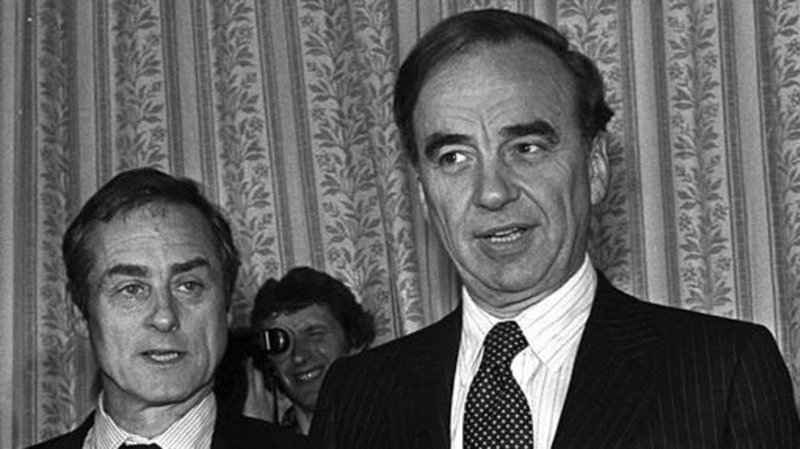
Sir Harold Evans, crusading publisher and author, dies at 92
NEW YORK — Sir Harold Evans, the charismatic publisher, author and muckraker who was a bold-faced name for decades for exposing wrongdoing in 1960s London to publishing such 1990s bestsellers as “Primary Colors,” has died, his wife said Thursday. He was 92.
His wife, fellow author-publisher Tina Brown, said he died Wednesday in New York of congestive heart failure.
A vision of British erudition and sass, Evans was a high-profile go-getter, starting in the 1960s as an editor of the Northern Echo and the Sunday Times of London and continuing into the 1990s as president of Random House. Married since 1981 to Brown, their union was a paradigm of media clout and A-list access.
A defender of literature and print journalism well into the digital age, Evans was one of the all-time newspaper editors, startling British society with revelations of espionage, corporate wrongdoing and government scandal. In the U.S., he published such attention-getters as the mysterious political novel “Primary Colors” and memoirs by such unlikely authors as Manuel Noriega and Marlon Brando.


